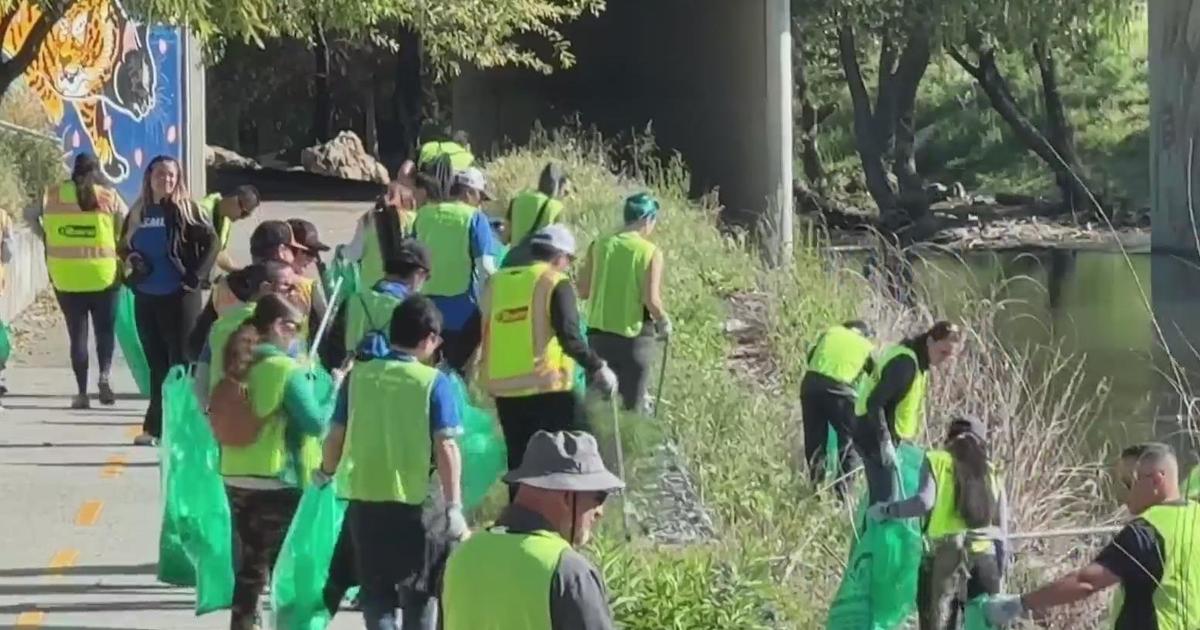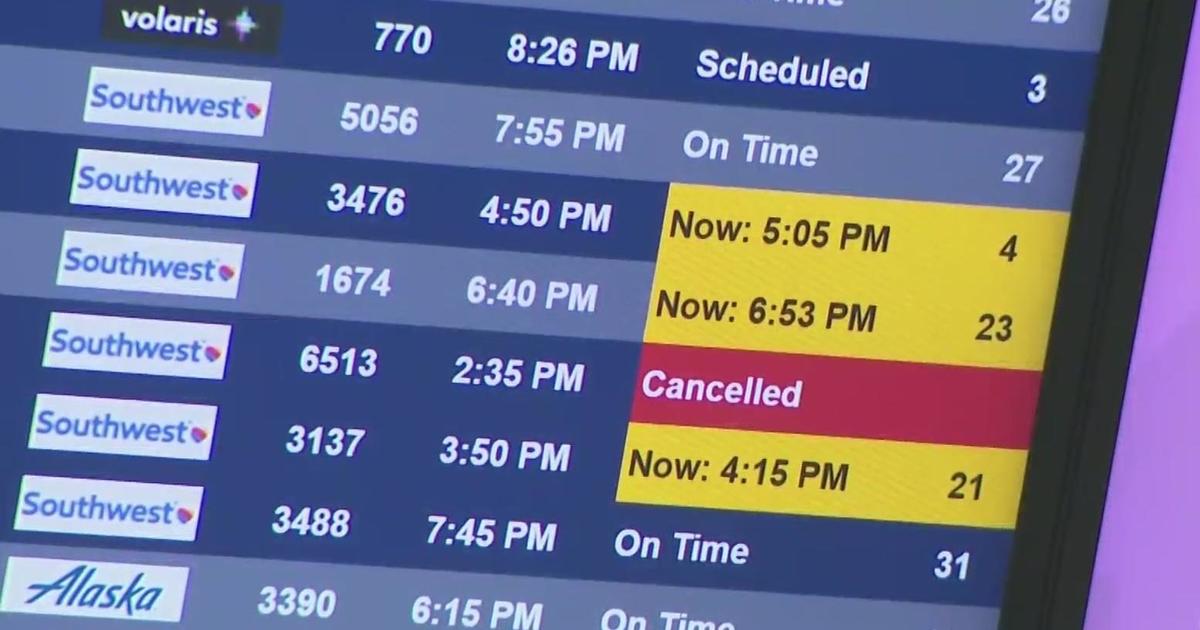COVID Vaccine: Doses Begin Rolling Out Along With Unprecedented Security Challenges
SAN JOSE (KPIX) -- The first coronavirus vaccine shipments are expected to arrive in the Bay Area as soon as Monday. With them comes tremendous complexity in terms of logistics and security. Some have called the vaccine the largest cybersecurity risk in history.
We asked an expert: is that hyperbole?
"You know, it is not," replied San Jose State professor Ahmed Banafa. "The reason for this one is: you're talking about 7.5 billion people exposed to this virus."
Banafa said the global clamor for a vaccine presents security threats on multiple levels: intellectual property theft, fraud and phishing scams and something a bit like an old-fashion train robbery.
"There are a lot of hospitals, they are told 'don't tell them when the vaccine will arrive' because they are afraid someone will go and wait for them," Banafa said.
Securing the vaccine itself is also a concern as the rollout begins in the United States. The movement of shipments is considered sensitive information.
"We have the two main distribution centers in the United States, in Wisconsin and Michigan," Banafa explained. We have 53 networking distribution sites in different states and territories. They don't want people to know exactly when the vaccine is coming because of the vaccine itself. They don't want someone to steal it and sell it."
So with a security threat in tow, the vaccine should begin arriving in the Bay Area this week and the detailed planning for how to execute the distribution has been developed for months. While the effort to get frontline workers vaccinated is often called a race, that doesn't mean this will be a sprint.
"The other thing that we have to focus on is staggering," said Dr. Desi Kotis, head pharmacist at UCSF. "So only about 25- to 30 percent of a work group, like nurses ... on an acute care or on, let's say a critical-care unit."
Kotis said the vaccine can produce side effects like headaches, muscle aches and nausea. Those symptoms can put people out of work so they may not vaccinate as fast as possible.
"We don't want whole groups of a workforce on a unit out of work," Kotis said. "So we will be staggering the vaccine as well. But we're ready."



